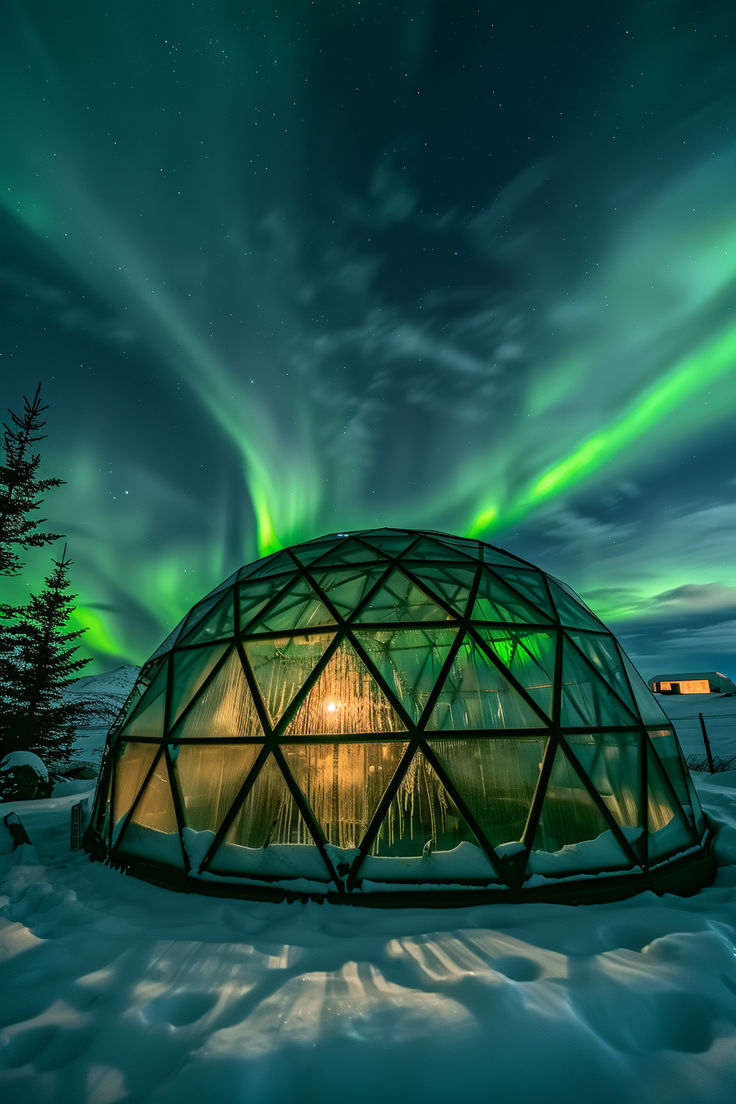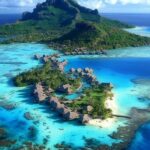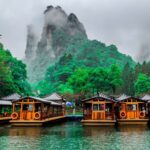Iceland: The Land of Fire and Ice
History
Iceland, a Nordic island nation, boasts a rich history dating back to its settlement by Norse explorers in 874 AD. Ingólfr Arnarson, the first permanent settler, established Reykjavík, which remains Iceland’s capital. For centuries, Iceland’s economy relied on fishing and farming, with its harsh climate shaping a resilient and resourceful population.
In the 13th century, Iceland fell under Norwegian and later Danish rule. It regained independence in 1944, becoming a republic. Today, Iceland is renowned for its progressive society, environmental stewardship, and vibrant culture.
Daily Life
Daily life in Iceland is deeply connected to nature and tradition. Icelanders, or “Íslendingar,” embrace a balanced lifestyle, prioritizing work-life harmony. The country’s long summer days and dark winter nights shape its rhythms, with geothermal hot springs providing warmth and relaxation year-round.
Most live in urban areas, particularly Reykjavík, where they enjoy modern amenities, cultural events, and a strong sense of community. Traditional foods like skyr (Icelandic yogurt) and lamb dishes remain popular, while outdoor activities like hiking and glacier tours are integral to the Icelandic lifestyle.
Global Impact
It’s global influence extends beyond its small population of approximately 370,000. The nation is a leader in renewable energy, harnessing geothermal and hydroelectric power to meet nearly all its energy needs sustainably. Iceland’s landscapes inspire artists, filmmakers, and adventurers worldwide, featuring prominently in films like Game of Thrones and The Secret Life of Walter Mitty.
Additionally, It’s social policies, including gender equality and free healthcare, set benchmarks for other nations.
Fascinating Facts
- No Mosquitoes: Despite its wetlands, Iceland is free of mosquitoes.
- Volcanic Activity: The island has about 130 volcanoes, with eruptions shaping its landscapes.
- Northern Lights: It is one of the best places to witness the aurora borealis.
- Elf Beliefs: Folklore about elves and hidden people is still embraced by many Icelanders.
- Longest Workweeks: The work fewer hours but remain highly productive, valuing leisure and family time.
Significance
It embodies the harmony between nature and modernity. Its unique geology, including geysers, waterfalls, and glaciers, showcases the Earth’s raw beauty. As a pioneer in sustainable energy and environmental protection, It demonstrates how nations can balance development with ecological responsibility.
Observance and Celebrations
It’s cultural events reflect its rich heritage:
- National Day (June 17): Celebrates It’s independence with parades and festivities.
- Reykjavík Arts Festival: Highlights music, theater, and visual arts.
- Winter Lights Festival: A midwinter celebration featuring light installations and cultural events.
- Jólabókaflóð: A Christmas tradition where books are exchanged and read on Christmas Eve.
Important Points to Remember
- Respect Nature: It’s environment is fragile; visitors should follow guidelines to minimize their impact.
- Weather Preparedness: The weather can change rapidly; dressing in layers is essential.
- Language: It is the official language, but English is widely spoken.
- Currency: The Icelandic króna (ISK) is the local currency.
FAQs
1. What is the best time to visit? Summer (June to August) offers mild weather and midnight sun, while winter (November to March) is ideal for seeing the northern lights.
2. Are there active volcanoes? Yes, It has active volcanoes, including the famous Eyjafjallajökull, which erupted in 2010.
3. What foods are unique? Traditional dishes include hákarl (fermented shark) and plokkfiskur (fish stew).
4. Can you swim in hot springs? Yes, geothermal pools like the Blue Lagoon are popular for swimming and relaxation.
Wishing a Prosperous Future
It’s natural beauty and innovative spirit make it a beacon of hope and resilience. As it continues to lead in sustainability and social progress, the world looks to as an example of how to thrive in harmony with nature. By supporting Iceland’s efforts and embracing its culture, we can all contribute to its enduring legacy.
Why is Important to Society
It’s story is one of adaptation, resilience, and innovation. Its success in leveraging renewable energy and fostering a fair, equitable society inspires global efforts toward a sustainable future. Iceland’s landscapes remind us of nature’s power and the need to protect our planet.










